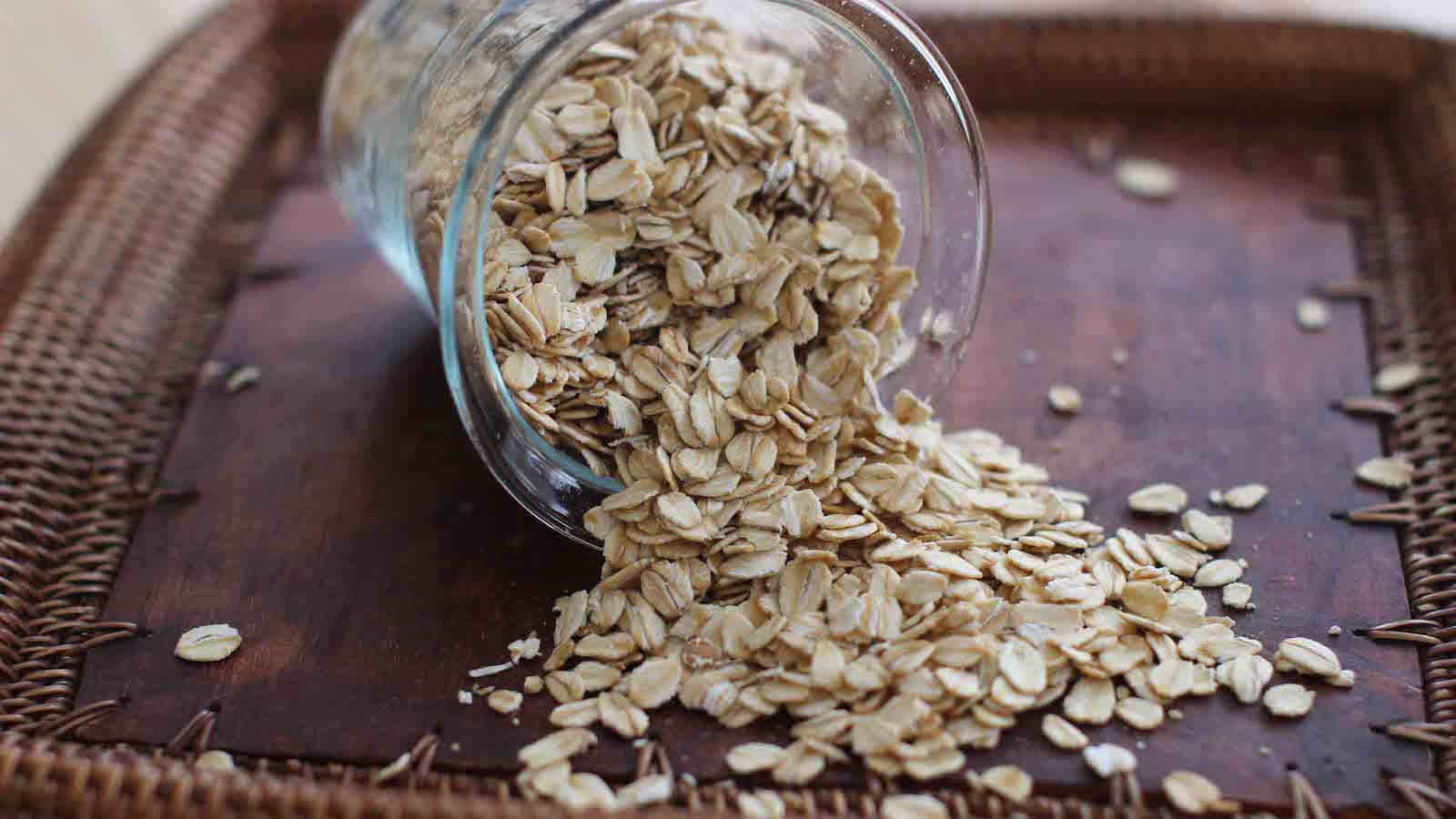Scientists offer more proof that cavemen were not, in fact, eating a “paleo” diet
There’s good news and bad news for Paleo dieters.


There’s good news and bad news for Paleo dieters.
The good news: you should feel free to eat oats. The bad news: now we have even more evidence that the Paleo diet’s premise is unfounded.
Adherents to the trendy Paleo diet follow the eating habits of humans’ Paleolithic ancestors, sticking to foods like meat, fish and certain pre-agricultural fruits and vegetables. Processed foods are out, as are most cereal grains. But a new study in the Proceedings of the National Academy of Sciences should put oats back into Paleo dieters’ pantries.
Researchers from the University of Florence in Italy have found residue of oats on a Paleolithic grinding tool found in southern Italy, at a site known as Grotta Paglicci. The finding not only expands current knowledge about what real Paleos ate, but also how they ate it—our ancestors processed foods more than originally thought.
The pestle-grinder tool was found in 1989 and identified as being about 32,000 years old. In the course of the researchers’ study, it was sampled twice, in 2010 and 2012, to identify any residues. In one of the samples, researchers identified as many as 250 starch grains per square centimeter.
The residue properties show that users were heavy plant eaters and also point to a likelihood that the grains were ground into flour. For some of the grains identified, like the oats, heat was probably applied to make the milling process easier.
According to the study’s authors, led by Marta Mariotti Lippi, ”the inhabitants of Grotta Paglicci… were the most ancient population to use a method that involves at least four subsequent steps in preparing plants for consumption.”
This isn’t a green light for the highly processed foods that contemporary Paleo dieters shun, but it should make them feel better about indulging in a bowl of oatmeal once in a while.
“The ‘natural diet’ of our ancestors,” the researchers wrote, “may not have been quite as simple and basic as previously assumed.”